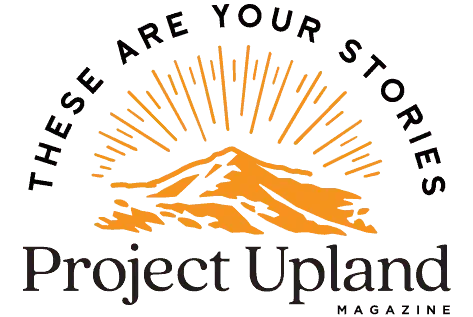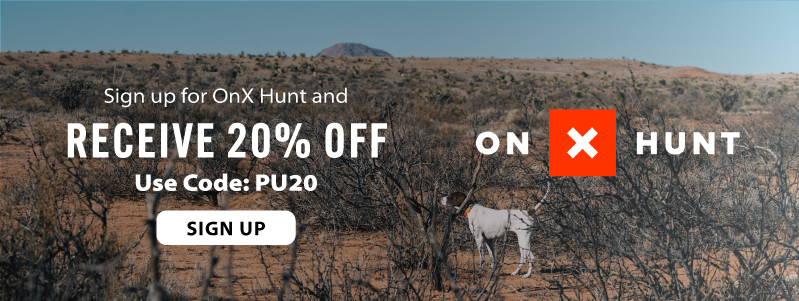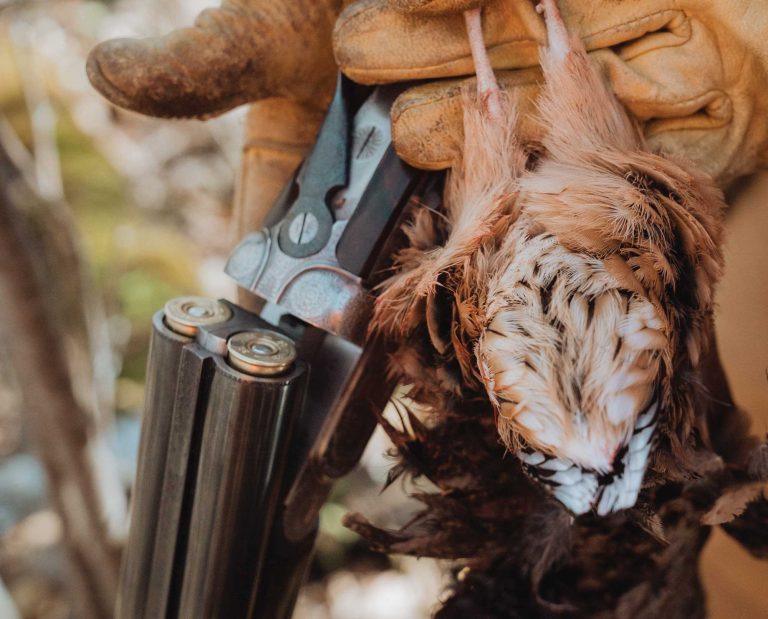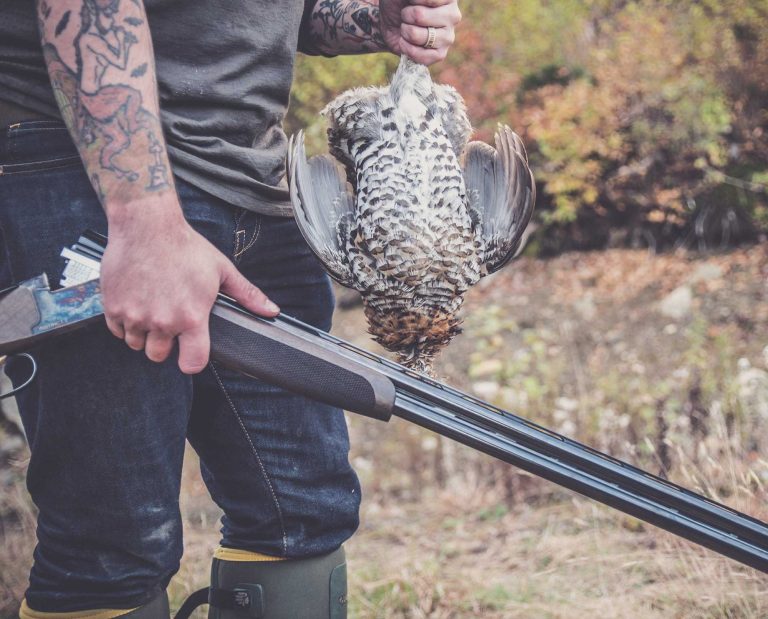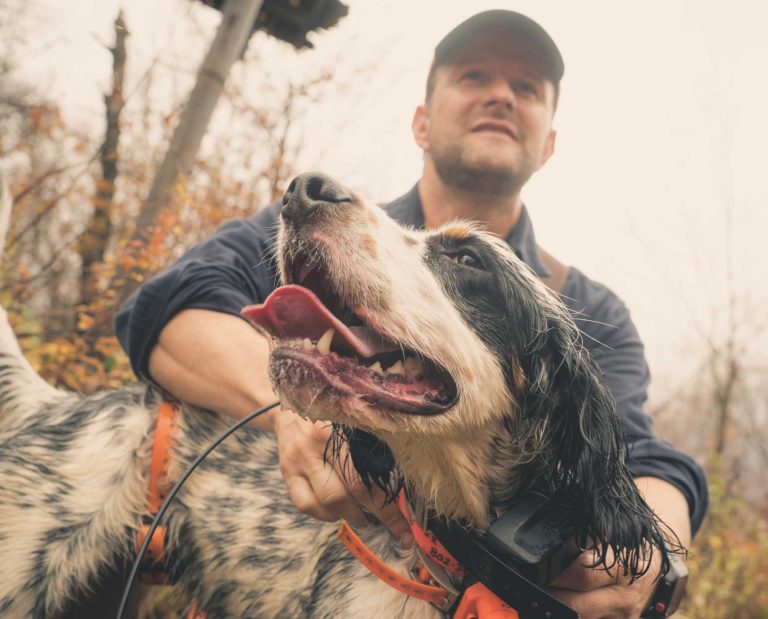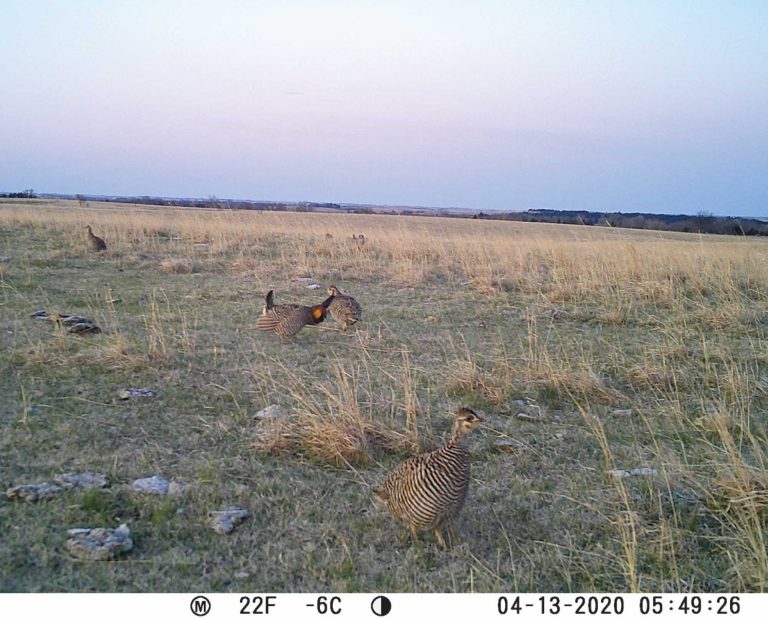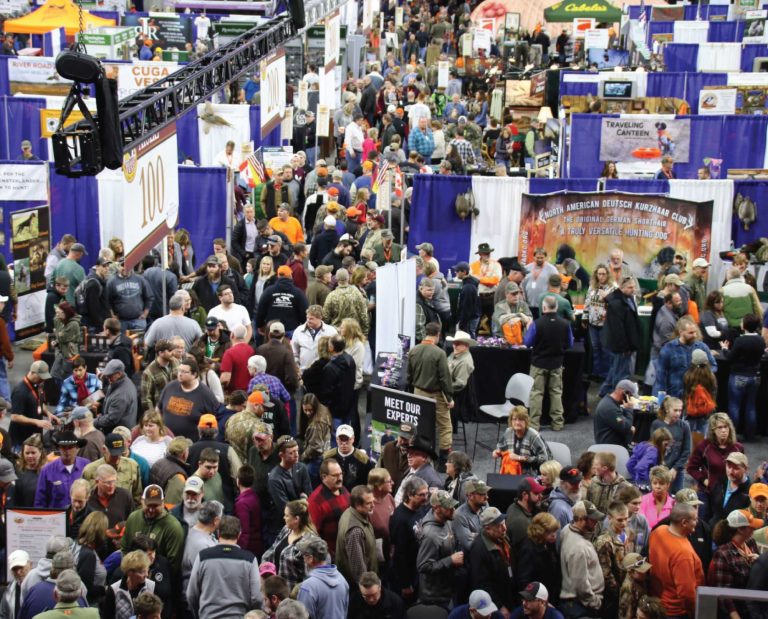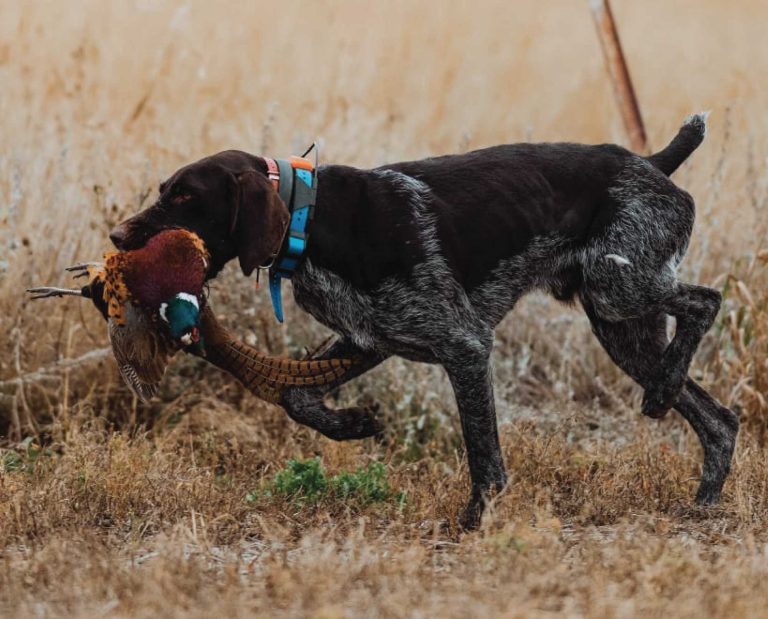On Being an African-American Upland Hunter from the South

A candid and honest look at African-American upland culture.
Where do upland hunting traditions go when the old guys are gone? What happens to the culture of upland bird hunting in America as the Millennial generation assumes the responsibility of upholding the traditions and legacies of upland bird hunting?
I think that the practice and lifestyle of upland bird hunting will likely change and diversify. It will of necessity come to represent a wider range of hunting styles and histories from a variety of cultures – particularly in minority cultures. I myself am in the minority of African-American wingshooters and dog handlers that are increasingly represented in American gun dog culture. And even more so, I’m developing a growing friendship and partnership with others in our upland bird hunting culture, something that I discuss on a podcast about field trials and wingshooting.
Considering technology, the internet and the wide use of cameras and other media tools such as social media, this younger generation of upland bird hunters and waterfowls to which I do lay claim, are actively continuing to maintain and even to promote the positive aspects of wingshooting and hunting.
Yet we should be aware that it is important to break the stigmas of this hunting culture. What I realize is that the expansion of technology and media has contributed to an exponential increase in exposure for young black folk, especially from Atlanta, Ga. – like myself – to get into the lifestyle of upland bird hunting. For what may have been considered a traditionally Caucasian mainstream activity, the urge to pursue feathered game with dogs on the American landscape is continuing to break down racial stigmas.
And even more so, fears.
READ: Hunting Opportunity is Not Always Equal – The Stormy Present
One of my now closest friends whom I recently met in the gun dog community is someone I would consider to be one of the three most historic gun dog trainers I’ve met – a person significant not only in the bird dog world, but in his impact in life. He was someone who grew up in the Mississippi bird hunting who took me to the National Bird Dog Museum and the Ames Plantation. And in my community, let’s not so much as whisper the word “plantation,” much less step foot on the grounds. I would like to testify to the significance of the conversation about the awareness of my own or my wife’s singularity in the company and on the grounds of what would have realistically, not so long ago, been home to the enslavement of my ancestors.
I promise you that there is complete awareness to that fact. Yet this same fact motivates me as a first generation African-American upland and waterfowl hunter and novice gun dog trainer from the South to engage in contributing new, diverse histories and legacies to the upland bird hunting, field trial and hunt test communities.
I would be lying if I lead you, the reader, to believe that I was at all discouraged, bothered, or even set back by the observation that there are very few if any African American bird dog representatives within our community. Because of that, I’m encouraged to continue pursuing my Labradors‘ experience in hunt tests and field trials, maybe with the hope that I could increase the exposure to and engagement with wingshooting to the African-American community.
What I know is that there are histories of field trialing and bird hunting even in the rural, Red Hills regions of Georgia. It would be interesting to find that connection, especially coming from a totally different part of the state in a community that typically does not participate in bird hunting. With that in mind, I would like to continue to expand my own understanding of the histories and relationships between African Americans and upland bird hunting with dogs. And even pass along some of that passion to a new generation.
